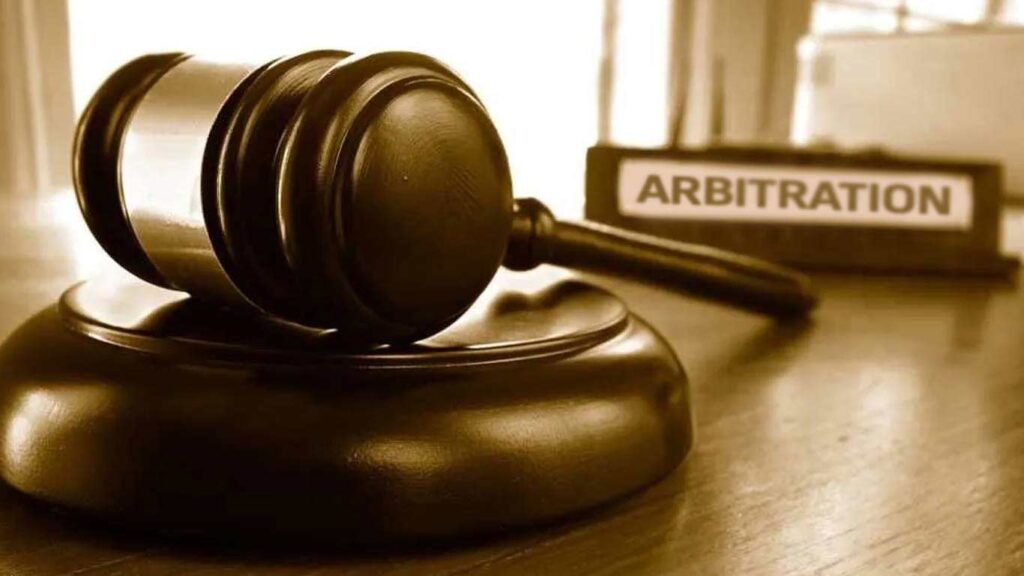New Delhi, May 1 (KNN) In a landmark 4:1 majority judgment, a Constitution Bench of the Supreme Court held that appellate courts have only limited powers to modify arbitral awards while exercising jurisdiction under Sections 34 and 37 of the Arbitration and Conciliation Act, 1996.
The majority opinion, authored by Chief Justice Sanjiv Khanna, clarified that courts can only intervene in specific circumstances.
The Court emphasised that modifications are allowed when an award is severable, meaning that the invalid portion of an award can be separated from the valid part, allowing the rest of the award to stand.
This ensures that the core of the arbitral decision remains intact while addressing any issues with specific aspects of the award.
Furthermore, courts may intervene to correct clerical, computational, or typographical errors that appear clearly erroneous on the face of the record, ensuring that inadvertent mistakes are rectified without disrupting the award’s substance.
Additionally, the Court allowed modifications in certain cases concerning post-award interest. If the circumstances are deemed appropriate, courts can adjust the interest rates, but this power is not broadly applicable and is restricted to specific conditions.
Finally, the majority opinion confirmed that the Supreme Court could exercise its special powers under Article 142 of the Constitution, which allows the Court to do “complete justice.” However, the Court stressed that this power must be used with extreme caution and within the limits set by the Constitution.
In dissent, Justice KV Viswanathan argued that Section 34 does not provide the court with the authority to modify arbitral awards, as it would undermine the core principle of arbitration.
He disagreed with the majority’s view on modifying post-award interest, suggesting that such modifications should be sent back to the arbitral tribunal.
Additionally, Justice Viswanathan expressed concerns about using Article 142 for modifying awards, warning that it could lead to uncertainty in arbitration matters.
The ruling followed a reference made by a bench in February 2024, which had raised questions about the extent of judicial power over arbitral awards.
The Court considered whether courts could modify arbitral awards, particularly in cases involving severability, and the scope of judicial intervention.
Solicitor General Tushar Mehta, representing the Union, argued that Section 34 should be read strictly to allow only the setting aside of awards, not modifications.
Petitioners, led by Sr. Adv. Arvind Datar, contended that Indian arbitration law did not adequately reflect the principles of UNICITRAL and should be interpreted more flexibly to allow for modification in cases where awards are clearly flawed.
This judgment clarifies the limits of judicial power over arbitral decisions, preserving the integrity of arbitration while providing room for limited judicial intervention in specific situations.
(KNN Bureau)
















